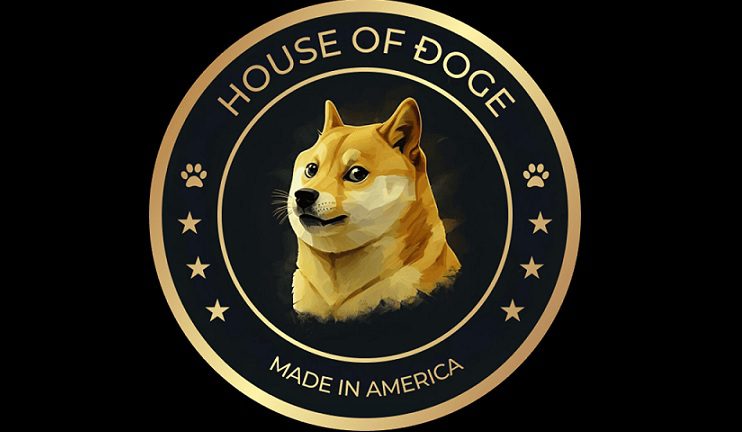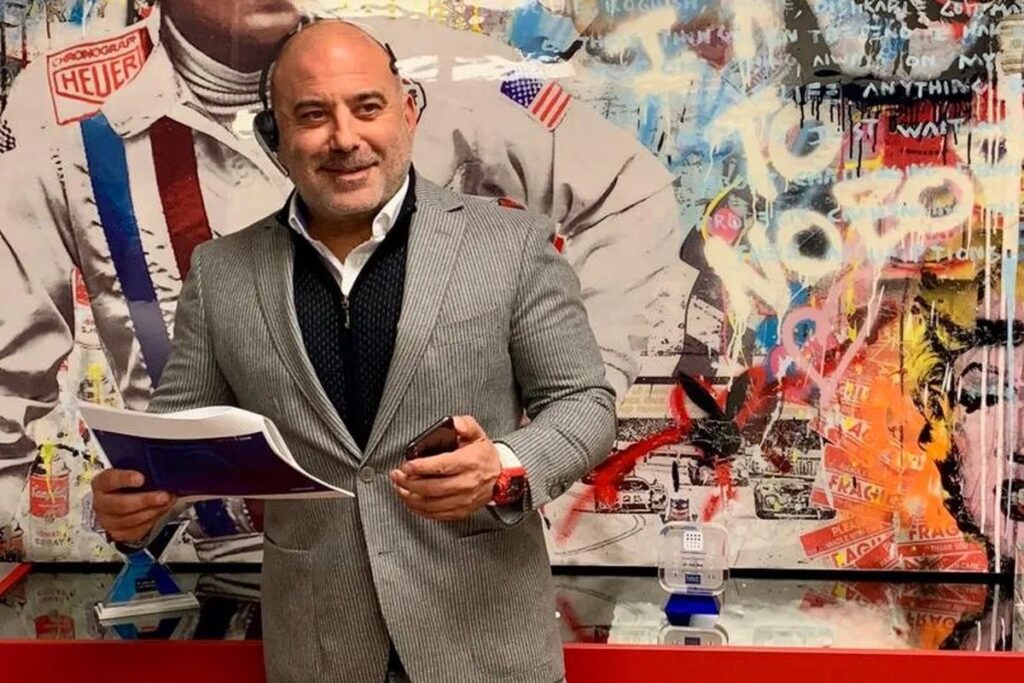The global economy is undergoing a quiet transformation. Assets that once required banks, brokers, or middlemen are being redefined as digital representations — tokens — that can move across borders instantly. For Andy DeFrancesco, this shift isn’t a passing trend. It’s the next evolution of ownership itself.
DeFrancesco has spent decades navigating the intersection of finance and innovation, from early-stage investing to building companies that merge real-world assets with emerging technologies.
His current focus through House of Doge, in collaboration with the Dogecoin Foundation, reflects that conviction: the future of value exchange will be built on tokenized ecosystems that connect culture, commerce, and community.
At its core, tokenization converts something tangible — equity, property, art, or even intellectual property — into a digital asset recorded on a blockchain. It allows individuals to own fractions of what was once reserved for institutions. DeFrancesco views this not simply as a financial mechanism but as a democratizing tool. Through his ventures, tokenization gives people “a seat at the table” that was previously inaccessible.

What separates DeFrancesco’s outlook from the hype surrounding many blockchain ventures is his focus on utility over speculation. He believes the true potential of tokenization lies in solving real problems: increasing liquidity for illiquid assets, providing transparency in transactions, and aligning communities around shared incentives. Through House of Doge, these principles come to life by merging digital participation with tangible commerce — from branded consumer products to public-market integration.
The idea is straightforward but profound. Traditional financial systems were built for a world that moves slowly. Tokenization operates in real time. Ownership can be transferred, tracked, and monetized globally within seconds. For businesses, it unlocks new funding models and community engagement strategies. For consumers, it creates opportunities to invest, collect, and participate in the brands they believe in. DeFrancesco sees this convergence as the foundation for a more inclusive economy.
His belief in tokenization is also a response to changing consumer behavior. Younger generations expect transparency, accessibility, and digital compatibility in everything they engage with. Whether it’s music royalties, real estate, or luxury goods, tokenization introduces a verifiable link between creators and participants. DeFrancesco’s approach positions House of Doge not just as a brand but as an early case study in cultural tokenization — where value is tied to identity, not just capital.
The model carries practical implications far beyond crypto. Imagine a future where limited-edition products, memberships, or even event access are issued as tokens — instantly tradable, verifiable, and programmable. That vision aligns with DeFrancesco’s broader mission to bridge the digital and physical economies. House of Doge isn’t experimenting for novelty; it’s testing the commercial frameworks that will define the next decade of consumer engagement.
Importantly, DeFrancesco does not serve in an official capacity within House of Doge. Instead, he focuses on vision, strategy, partnerships, venture investments, and ecosystem development. This distinction allows him to guide the brand’s long-term direction while empowering its leadership team to execute daily operations with independence and accountability.
Skeptics often point to volatility in digital assets as a barrier to adoption. DeFrancesco counters that stability will come from utility, structure, and regulation, not speculation. His experience in public markets has taught him that institutional trust is earned through compliance and governance — qualities he continues to integrate into his ventures. By aligning tokenization with real-world products, public-company transparency, and regulated entities, he’s positioning House of Doge to lead in both credibility and innovation.
As financial institutions, luxury brands, and technology firms begin to explore similar pathways, DeFrancesco’s thesis looks increasingly validated. The token economy is no longer theoretical; it’s operational. From tokenized U.S. Treasury products to blockchain-based loyalty systems, the momentum is clear — ownership is being redefined, one asset at a time.
For Andy DeFrancesco, tokenization represents more than a business opportunity. It’s a philosophical shift toward transparency, participation, and accessibility. Just as the internet democratized information, tokenization has the potential to democratize value — and in the process, reshape global capital markets for generations to come.













